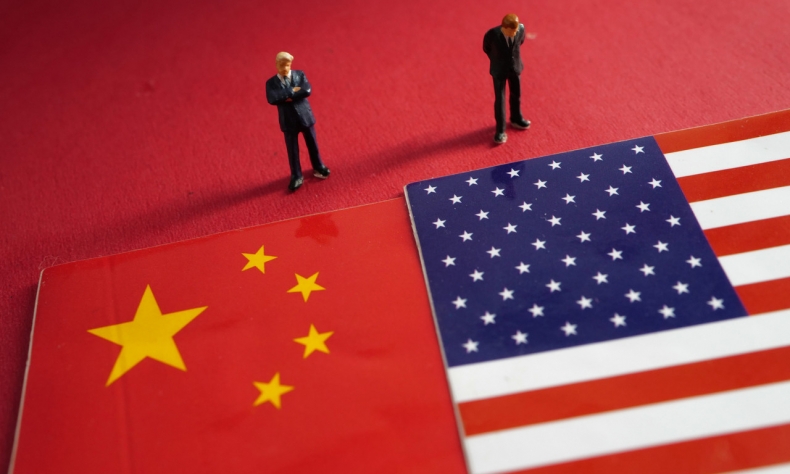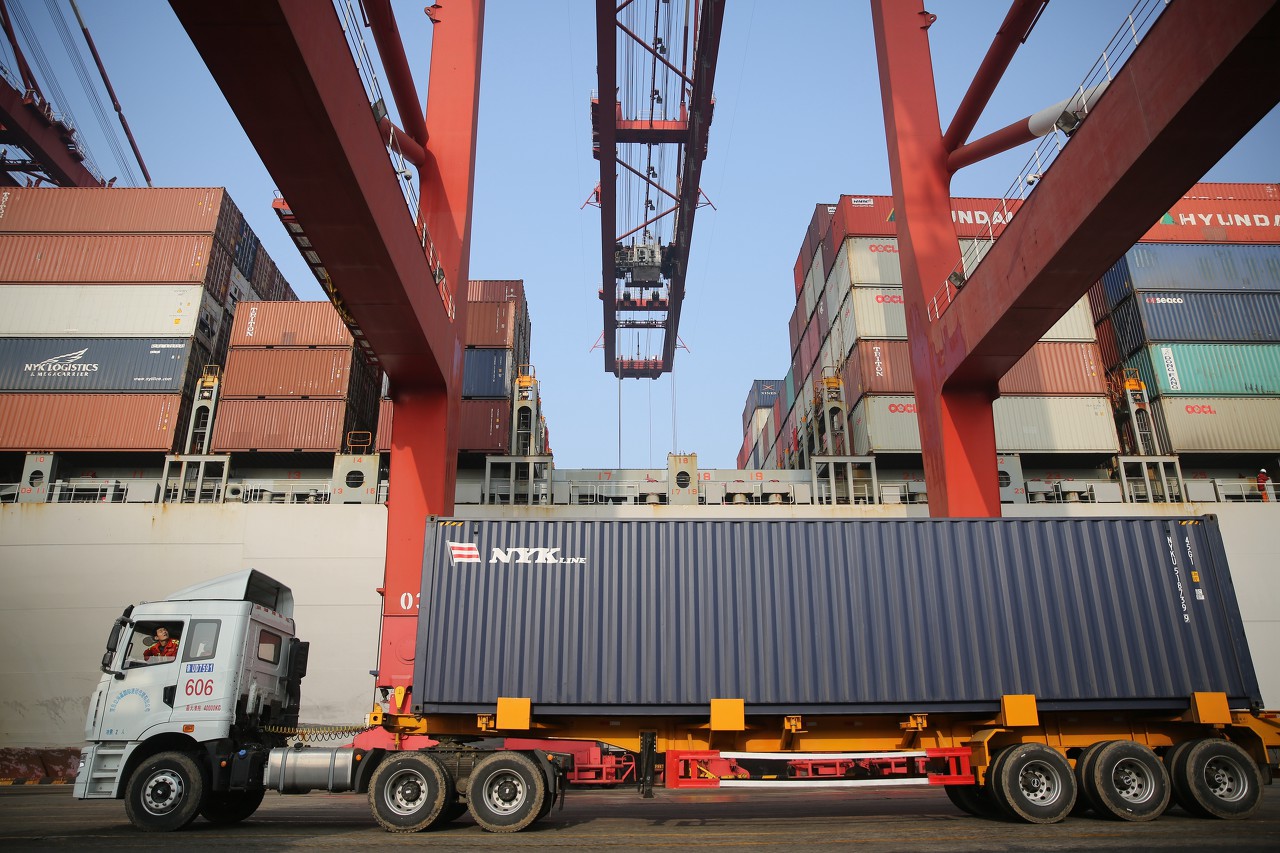
【High-level Interview】Jeong Jae-heung: Handling U.S. Competition Needed in Making BRI a Success
It is impossible for the U.S. to sit idly by because as a hegemonic superpower, it constantly desires dominance of the global system. The U.S. considers the BRI a challenge to its hegemony.
In 2013, Chinese President Xi Jinping proposed the concepts of “Silk Road Economic Belt” and “21st-Century Maritime Silk Road”. These two terms are now referred to as the Belt and Road Initiative(BRI).
With the theme of Belt and Road construction, China Focus is set to launch a series of high-profile overseas interviews. Today we have an exclusive interview with Jeong Jae-heung, vice director and researcher at the Research Planning Division of Sejong Institute in the Republic of Korea.
Interviewee: Jeong Jae-heung, vice director and researcher at the Research Planning Division of Sejong Institute in the Republic of Korea
Interviewer: Xue Li, research fellow at the Institute of World Economics and Politics under the Chinese Academy of Social Sciences
Date: February 22, 2019
Location: Songdo Central Park Hotel, Incheon, the Republic of Korea
China Focus: In your opinion, what is the primary reason that China put forward the Belt and Road Initiative(BRI)?
Jeong Jae-heung: This is a new initiative proposed by Chinese President Xi Jinping after he took office. At present, China is focusing on realizing the Chinese Dream of the national rejuvenation. The core of the Chinese Dream is a great revival of the Chinese nation. If the goals associated with the Belt and Road Initiative were to be realized, China’s economy would achieve a huge step forward.
In addition, there are a large number of economic achievements that need to be shared.
The BRI can provide a framework for achieving these two objectives.

China Focus: How do you evaluate the BRI?
Jeong Jae-heung: The BRI was spearheaded and made a reality by China. Many countries once put forward similar ideas, but most have never become reality. The primary facet of the BRI is economic cooperation, and many countries can be incorporated into the framework. If it were a political or ideological framework, some countries might dislike it and reject joining.
As more and more people have gained a deeper understanding of the BRI and receive concrete benefits from it, the initiative will gain greater popularity.
China Focus: Do you think China-U.S. competition is a good thing or a bad thing for the BRI? Could you give some examples?
Jeong Jae-heung: As long as the BRI seeks success, China will have to compete with the U.S. sooner or later, which is inevitable.
It is impossible for the U.S. to sit idly by because as a hegemonic superpower, it constantly desires dominance of the global system. The U.S. considers the BRI a challenge to its hegemony.
Thus, the key to the success of the BRI lies in how to deal with the competition with the U.S.
For China, it is better to avoid direct confrontation with the U.S. However, this seems impossible because the U.S. won’t keep a blind eye to the BRI. In this regard, China needs to give full play to its wisdom and develop a long-term plan.

China Focus: Chinese President Xi Jinping hailed the BRI as “the project of the century.” That means China needs to promote the sustainable development of the initiative. In your opinion, what problems must the BRI overcome in order to achieve sustainable development? How should such problems be addressed?
Jeong Jae-heung: All countries vary in the level of development, and each has its own demands. For instance, countries in Africa and Central Asia are in urgent need of daily necessities, and some countries suffer from less developed infrastructure. All China needs to do is meet their respective needs. There is not a unified mode for China to satisfy such needs.
To advance the implementation of the BRI, China needs to make breakthroughs in one-to-one communication with participating countries via various channels. Every country, group and individual has different interests. China needs to seek breakthroughs one by one. For instance, some countries need Huawei products, and China can actively carry out cooperation with them in this regard.
Of course, the U.S. will continue to make trouble, but not all countries will follow its demands. This is a point that China can use to its advantage.
In addition, both the Democratic People’s Republic of Korea (DPRK) and the Republic of Korea (ROK) are important participating countries in the BRI. The two countries are important to China because they are integral parts of the initiative, as well as very important factors in the decision-making of the BRI implementation. Therefore, China, the DPRK and the ROK should strengthen policy coordination and achieve development strategy alignment under the framework of the BRI. On the basis of such cooperation, the three countries can reconstruct and enhance their strategic partnerships.
 Facebook
Facebook
 Twitter
Twitter
 Linkedin
Linkedin
 Google +
Google +











